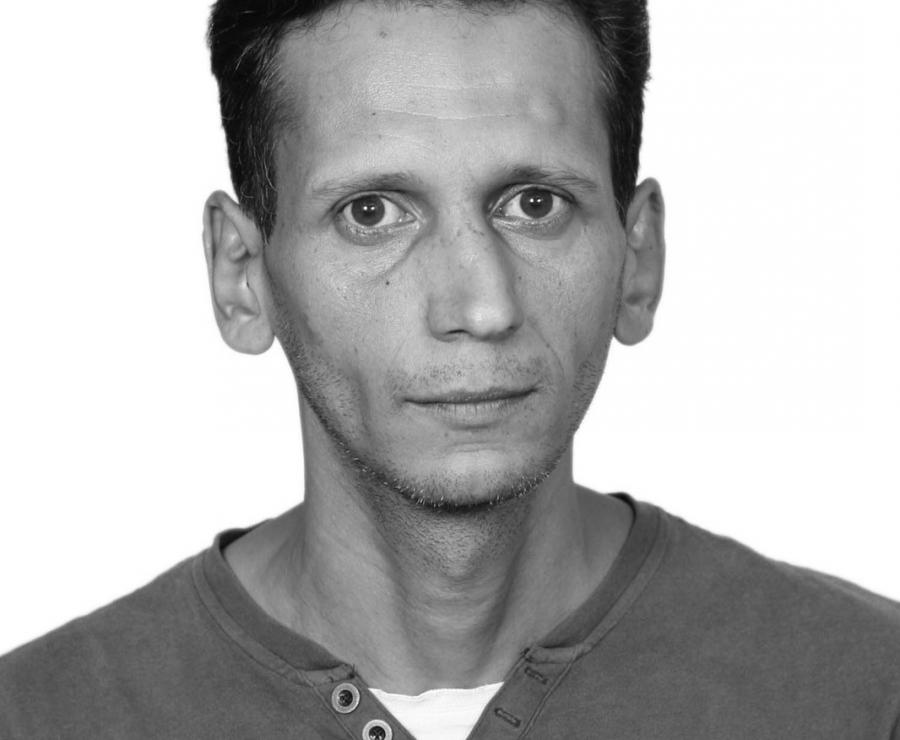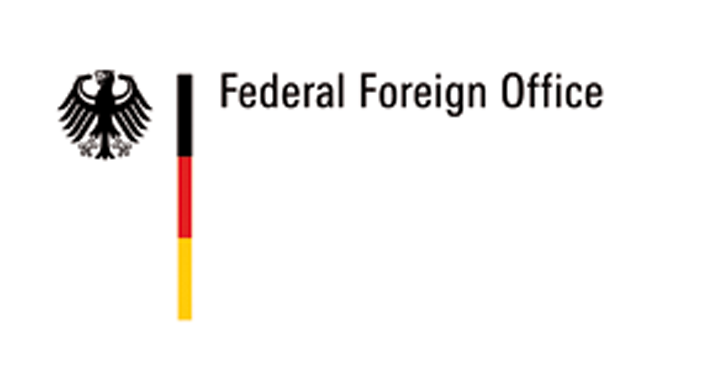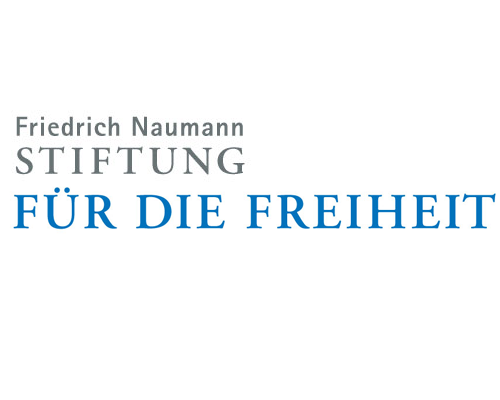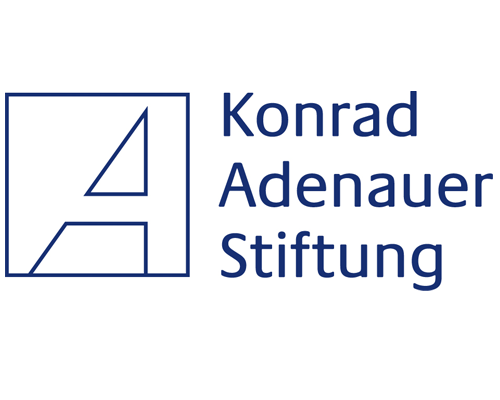Tamer Khorma

| Jordan
Improving the Legislative environment in Jordan requires, on the one hand, solving the contradictions between domestic laws and the international agreements and conventions signed by the state, and, on the other hand, between the laws themselves. Contradictions within the laws, particularly temporary laws, which go against the Jordanian Constitution, weaken any chance of improving the civil society role on the political level. Moreover, they allow the interfering of the security services, which are still considered to be the main actor in any decision making process. Jordan is trying to build its own model of democracy by signing international agreements in order to meet the universal standards on fundamental rights, yet many obstacles prevent the state from achieving this ambition. Despite the fact that Jordan agreed with the freedom of organization and trade unions pluralism, independent trade unions are not recognized neither by the state nor by any international body. Official trade unions are influenced by the security apparatus, and have a limited representation of workers, and are still dominating the scene with no concrete popular legitimacy. Thus, trade unions do not fully participate in the decision making process. Beside restrictions that resulted of the electoral law, which is currently being reformed, many related laws need to be adjusted, especially the law of associations. NGOs and civil society institutions are facing censorship and restrictions because of these contradictions within the Jordanian laws. However, changing specific laws cannot solve the problem caused by the systematic disfiguration regarding the Legislative environment in Jordan.









